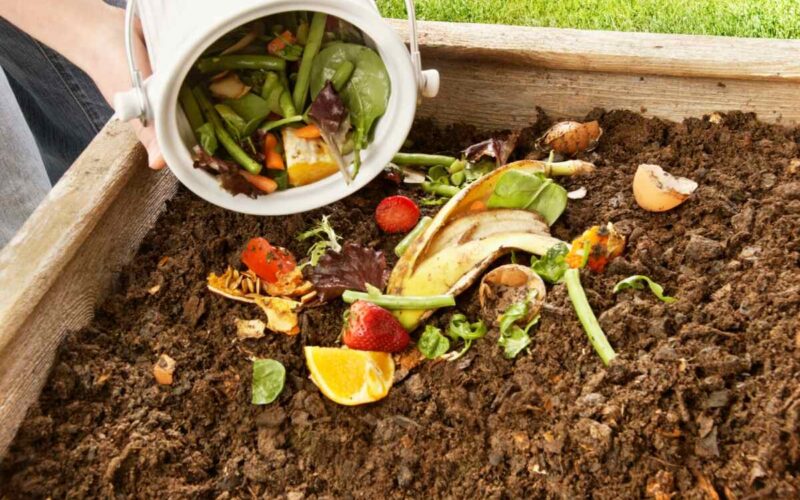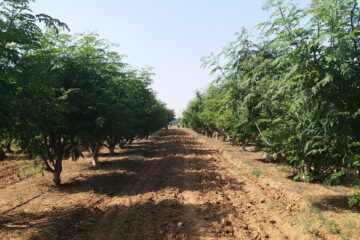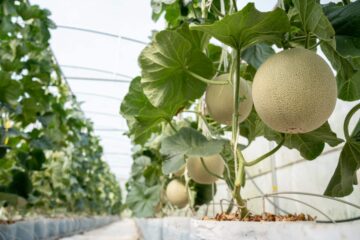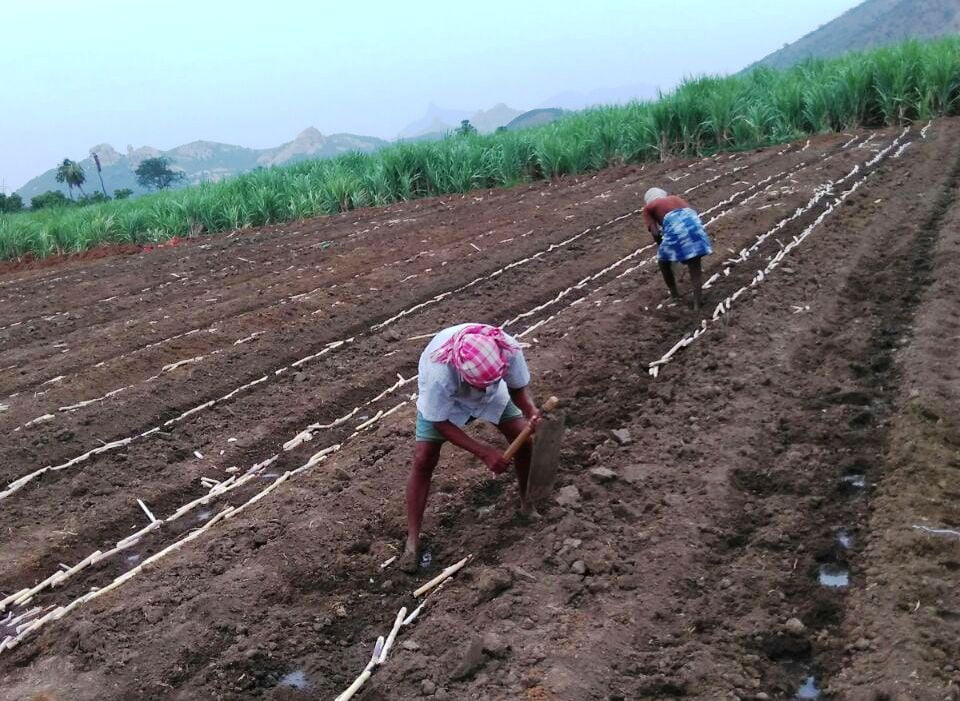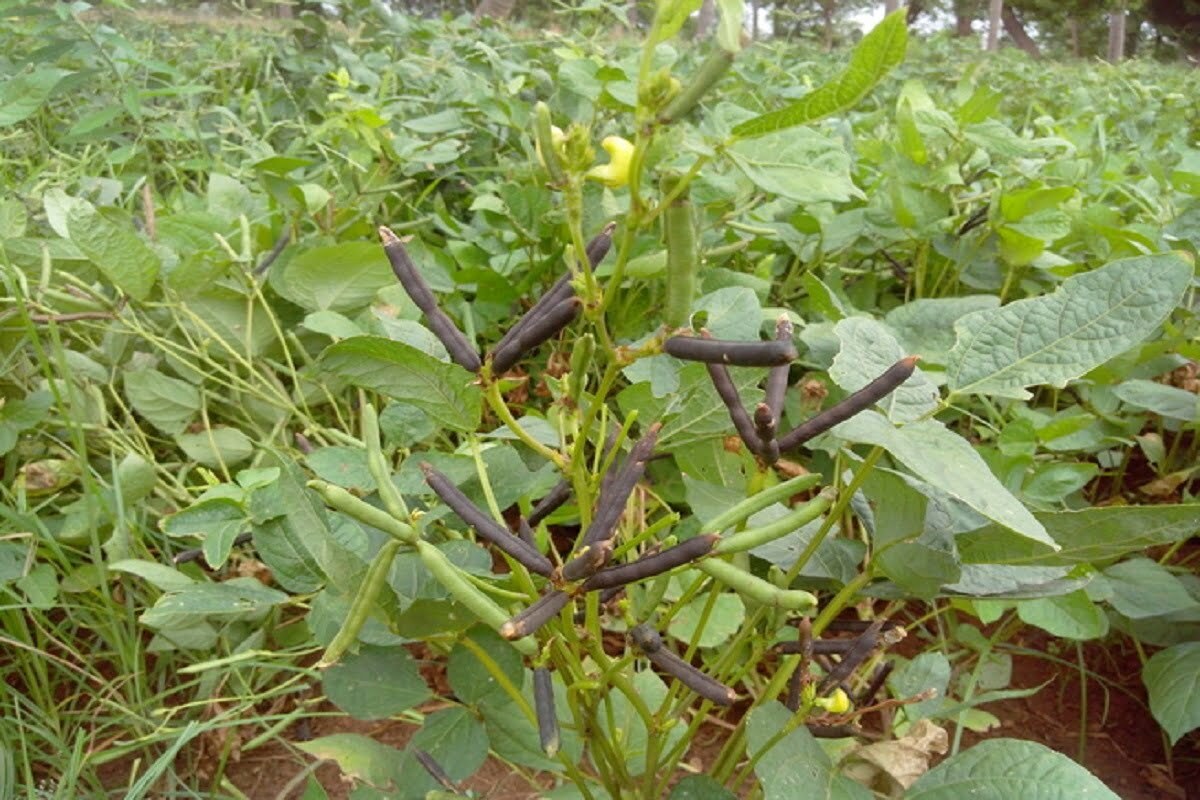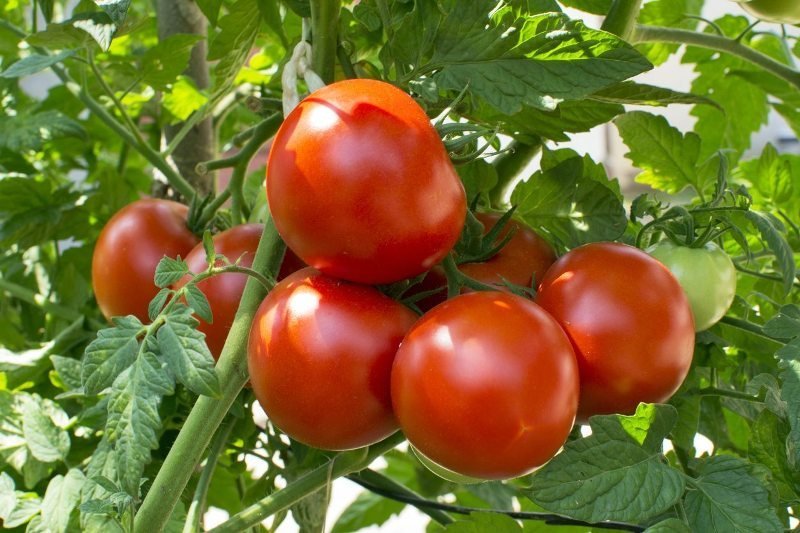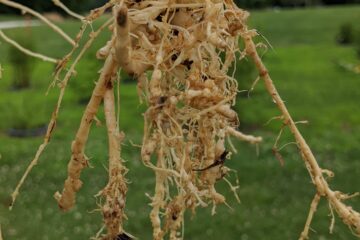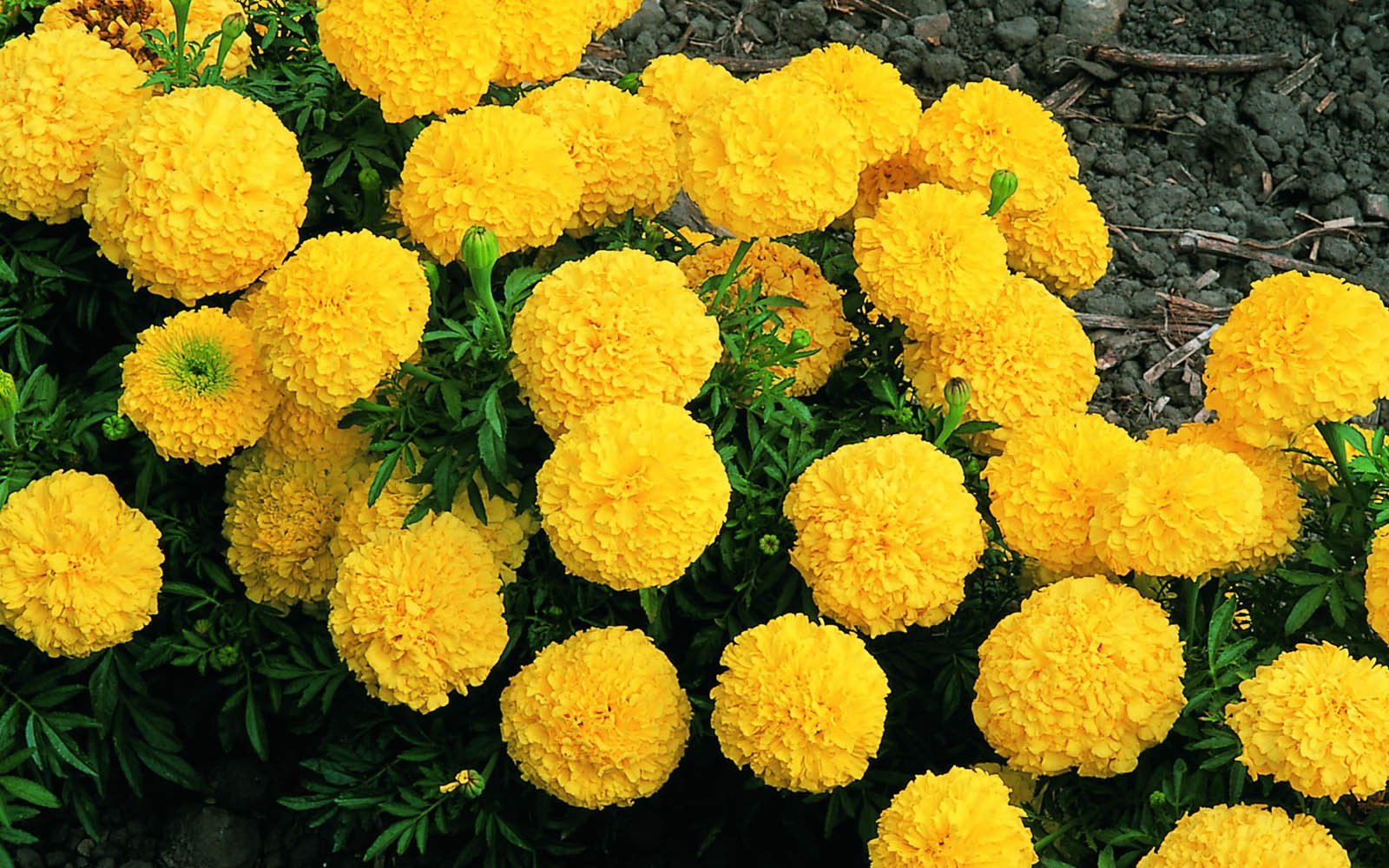Most of us typically throw all our household waste into a plastic bag and dispose of it in the trash. These bags are then collected by a garbage truck and dumped in a landfill. Organic waste, which could have decomposed into compost, instead rots inside the plastic bag, emitting foul odors and polluting the area.
Instead of discarding kitchen waste like tomato and onion peels, carrot, beans, cabbage, drumstick, eggplant, and other vegetable scraps, we can turn them into fertilizer for our plants. Similarly, used tea leaves, fruit peels, and eggshells can also be repurposed as plant nutrients.
However, directly dumping these scraps near plant roots without proper composting can cause problems for the plants. It can also attract mosquitoes, pests, and fungi, leading to unpleasant odors and even the spread of diseases throughout the garden.
How to Properly Use Organic Waste
Organic waste from the home can be converted into compost. Many people are enthusiastic about gardening at home, whether in small gardens or pots. While plants need nutrients to grow well, there’s no need to purchase expensive fertilizers.
Method
- Obtain seven clay pots and assign each pot for a different day of the week. Collect waste in these pots daily, ensuring not to overload them with too much meat waste. If the waste is too wet, add some soil to absorb the moisture.
- These pots will take 3-4 months to fill. Once full, leave them untouched for 20-30 days, occasionally stirring the waste to allow air circulation, which helps the decomposition process. After this period, the pots can be used to grow vegetable plants or flowers.
- After using one set of pots, you can either purchase new ones for the next cycle or reuse the old ones by mixing the compost into your garden and starting the process again.
Composting in Urban Areas
Composting is not just for rural areas but is increasingly popular in cities, where people are using rooftops and vacant spaces to grow vegetables and fruits. The organic waste from daily cooking, such as onion skins, potato peels, rotten tomatoes, leaves, eggshells, and used tea leaves, can be buried in a small pit in the backyard. Cover the waste with soil, and in a few days, it will decompose into nutrient-rich compost. Those living in apartments can use broken clay pots or buckets filled with soil to create compost.
Ensure the composting setup is placed in a sunny spot. The heat helps the waste break down faster into rich, nutritious compost, which can then be used to nourish plants, leading to healthier and tastier produce.
Garden Waste: Collect fallen leaves from parks or home gardens and pile them in a corner of the garden. Shred them into small pieces to enhance the decomposition process, which is determined by the carbon and nitrogen content in the leaves. Mix green and dry waste well; kitchen vegetable scraps combined with dry straw or leaves will decompose faster.
Oxygen Requirement: For effective composting, the pit should have sufficient oxygen, which aids the activity of microbes that break down the waste. You can install pipes horizontally or vertically to improve air circulation. Additionally, stirring the waste every 15 days will speed up the composting process.
Moisture: Compost pits should maintain consistent moisture levels. If the moisture level drops, microbial activity slows down, hampering the decomposition process.
Within 30 days, the waste will decompose into compost, which will be black and crumbly. Sift this compost through a fine mesh and use it in your garden.
Enrichment Process: To enhance the compost, mix it with bio-fertilizers like Azotobacter, Pseudomonas, Azospirillum, and Phosphobacteria at a ratio of 0.02% and 0.2% rock phosphate. Let this mixture sit at 60% humidity for 20 days, allowing beneficial microbes to multiply. This enriched compost is more nutritious and promotes better plant growth compared to regular compost. It can be used not only in home gardens but also for all types of crops.
Benefits of Organic Fertilizers
- Reduces farming costs and increases profit margins.
- Improves soil fertility.
- Encourages beneficial insects and microbes, reducing the need for chemical pesticides.
- Enhances plant growth and yields high-quality produce.
- Helps maintain a clean environment and better groundwater quality.
- Promotes pollinators like bees and butterflies, increasing crop productivity.
By using Organic fertilizers, farmers can also reduce their dependency on chemical fertilizers, leading to healthier crops and a more sustainable farming practice.
Dr. S. Shenbagavalli, Assistant Professor, Environmental Science Department; Dr. T. Prabu, Associate Professor and Head, Horticulture Department, Horticulture College and Research Institute, Periyakulam; Dr. S. Ponmani, Assistant Professor, Environmental Science Department, Mother Teresa College of Agriculture, Illuppur, Pudukkottai.

